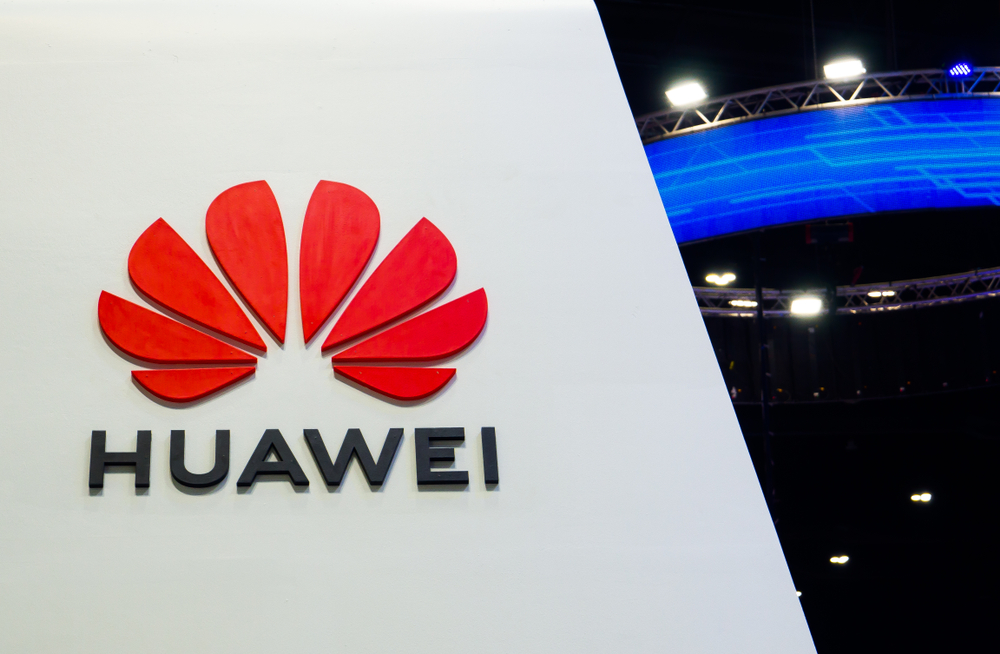Amid the increasing likelihood of a full-blown tech cold war with the United States, Beijing is giving five-year tax breaks to domestic companies in the integrated circuit and software industries.
China’s Ministry of Finance and the State Taxation Administration jointly announced on Wednesday that chipmakers and software vendors qualified for the tax breaks would be exempt from paying corporate taxes for two years. The companies would receive a 50% tax cut for three years after that.
The new tax breaks come amid escalating tensions between Beijing and Washington, especially in light of the recent decoupling trend in the tech sector. The US Commerce Department has blacklisted Huawei, effectively banning the Chinese telecoms giant from acquiring components and services from US suppliers without US government approval.
Since last week, US chip majors have halted their supplies to Huawei, and Google confirmed that it will not provide some of its Android services to new Huawei handsets. UK-based ARM, whose semiconductor technologies are vital to Huawei’s own chip design house HiSilicon, has reportedly stopped working with Huawei in compliance with the US ban.
Though Huawei founder Ren Zhengfei reiterated the importance of foreign technologies in Huawei’s development and expressed his gratitude to US suppliers’ support during a recent press conference, the idea of tech independence is gaining traction in China.
An op-ed published by the People’s Daily, the ruling party’s official newspaper, said what happened to Huawei proved that China cannot “buy its way to modernization,” and that it must acquire “key technologies and core equipment” to safeguard its “national economic security.”
“Core technologies cannot be acquired by asking, purchasing, or begging,” the op-ed read.
